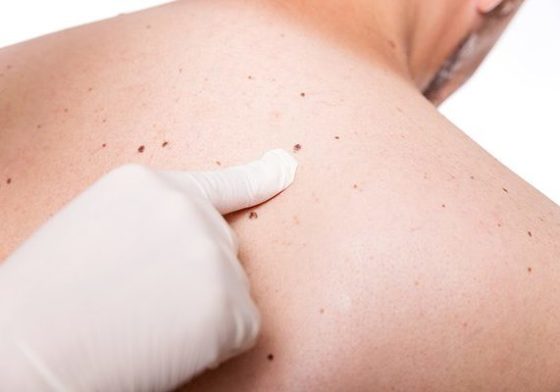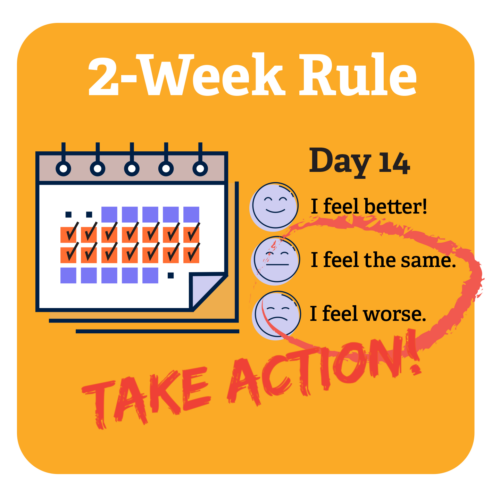
It’s a common belief that people with an abundance of moles or freckles are at greater risk for skin cancer, specifically melanoma, than people without them. In fact, some people believe that if they do not have any moles, they cannot get skin cancer.
However, a study published on JAMA Dermatology in March 2016 proves otherwise.
The study found that most people with melanoma have few moles, while some have none at all. Study author Alan C. Geller, MPH, RN, a senior lecturer at the Harvard TH Chan School of Public Health, and his colleagues studied 566 people diagnosed with melanoma over a span of four months. The researchers counted the total number of moles on each participant, taking special note of “atypical” moles (those that look like normal moles but have some features of melanoma).
The results of the study revealed that most patients with melanoma had few moles, and no atypical moles. In fact, 66% of the patients had fewer than 20 moles or none at all, while 77% had no atypical moles.
What do the results mean for you?
“We’ve been led to believe that one is at greater risk of melanoma by being very moley—and we are not dismissing that. We are not telling people to stop screening yourself if you have lots of moles. But we are finding that number of moles is not always the decisive factor,” Dr. Geller told the American Cancer Society.
Instead, it’s suggested that every American adult of light and olive complexion gets a baseline skin exam in addition to performing self-exams.
It’s also important to know if you are in a high-risk group. Some factors to consider:
- Is there a history of melanoma in your family?
- Do you have a personal history of bad sunburns?
- Are you a white man over 50? Dr. Geller says that 50% of melanoma deaths occur in this demographic.
- Have you used indoor tanning? Women younger than 30 are six times more likely to develop melanoma if they have a history of indoor tanning.
- Do you have pale skin? If you have pale skin with red or blond hair, blue or green eyes, or are prone to easy freckling or burning, you are at increased risk for melanoma.
- Are you a childhood cancer survivor? Exposure to radiation puts you at a greater risk for all types of skin cancer, not just melanoma.
Perform a skin self-exam today!
Early detection is key when it comes to diagnosing, and surviving, cancers such as skin cancer and melanoma.
Check your skin once a month and be sure to report anything that doesn’t look or feel right to your doctor.






